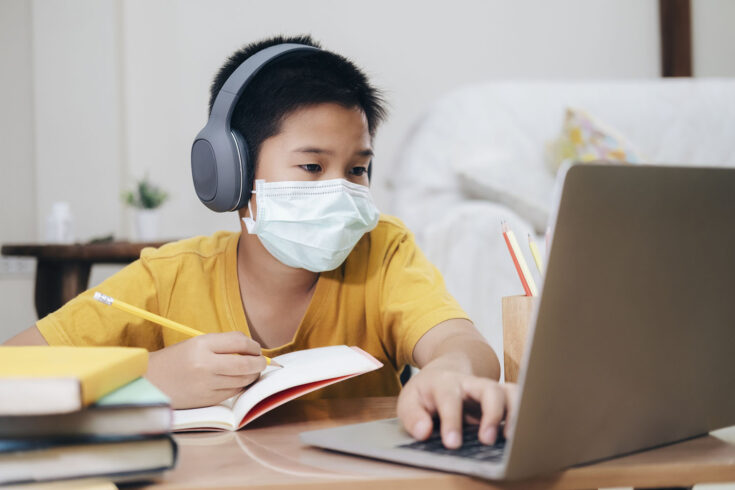In April 2020 Understanding Society, the UK household longitudinal study, started a new survey in response to the coronavirus outbreak.
The new survey tracks the experiences and reactions of the UK’s population to COVID-19 and gives researchers the opportunity to link data to previous waves of Understanding Society, giving a long-term perspective on the effect of the pandemic.
The COVID-19 survey is funded by the Economic and Social Research Council (ESRC) and the Health Foundation, with fieldwork carried out by Ipsos Mori and Kantar.
The impact of COVID-19 on the UK population
The COVID-19 survey is a short, regular web questionnaire with core content, plus rotating and one-off content on specific issues. In some months there is a telephone survey for participants who do not have access to the internet.
The survey focuses on the core areas of employment, income, health, family life, education and civic engagement. As well as the adult survey, children who are part of the study received their own paper-based questionnaire based on the strengths and difficulties questionnaire.
Between 13,500 and 16,500 participants take part each time. The survey includes a general population sample and ethnic minority and immigrant samples. This makes it representative of the UK population and ideal for exploring minorities’ experience of the pandemic.
Professor Michaela Benzeval, Director of Understanding Society, says:
The pandemic is probably the biggest thing to affect society in our lifetimes, certainly for anyone born after 1945. So there’s an even greater need for data about the experiences of the whole population.
Thanks to the ESRC and The Health Foundation, the Understanding Society COVID-19 survey allows researchers to explore how the pandemic is affecting individuals, families and communities across the UK through our large and representative sample.
School meals, household income and mental health
Data from the COVID-19 survey has been used by researchers from Imperial College who found that half of the children entitled to free school meals didn’t have access to the scheme during the lockdown.
Evidence on the impact of COVID-19 on working household incomes was used by HM Treasury and in the chancellor’s plan for jobs in reviewing the effect of the furlough scheme.
Analysis of the health data in the survey found that caregivers face an increased risk of depression during the COVID pandemic. Researchers from University of Limerick and Northumbria identified loneliness as the most significant contributing factor to carers experiencing depression.
Other research from a project focusing on the experience of working class women and COVID found that more than a third of women in the UK have suffered psychological distress during the pandemic.
The main COVID-19 dataset can be downloaded from the UK Data Service. There are also two special licence datasets which include geographical identifiers and are available to approved researchers under special conditions.
Last updated: 8 October 2021

